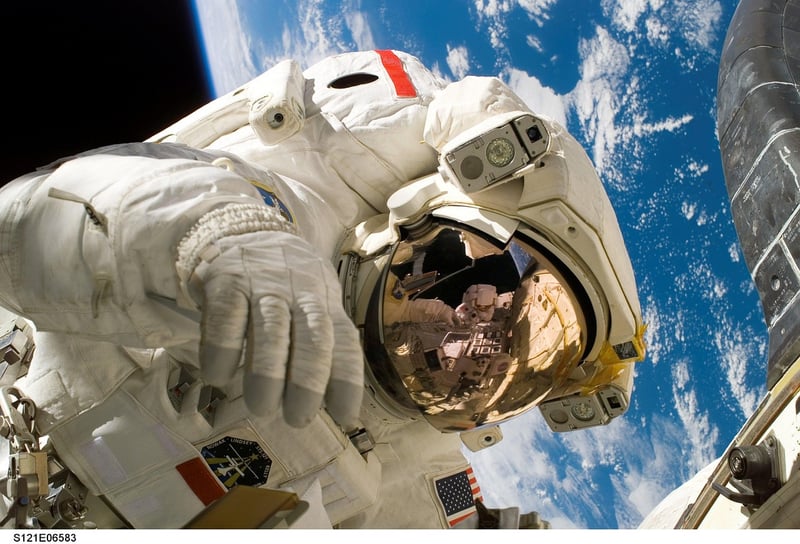Astronaut Health Innovations
The Future of Space Exploration: Innovations for Astronaut Health
As humans venture further into the cosmos, the need for innovations that prioritize astronaut health becomes increasingly crucial. Space exploration poses unique challenges to the human body, from extended periods of weightlessness to exposure to cosmic radiation. In this article, we will explore some cutting-edge technologies and advancements aimed at safeguarding the well-being of astronauts during their missions.
1. Artificial Gravity Systems
One of the most significant hurdles of long-duration space travel is the detrimental impact of microgravity on the human body. Artificial gravity systems, such as rotating spacecraft or centrifuges, simulate Earth's gravity, helping combat muscle atrophy and bone density loss. Researchers are exploring various designs to create habitable environments that can provide astronauts with the necessary gravity for their well-being.

2. Biomedical Monitoring Devices
Advancements in wearable technology and biomedical sensors allow real-time monitoring of astronauts' vital signs, sleep patterns, and overall health. These devices provide valuable data to mission control, enabling early detection of any health issues and prompt intervention. Continuous monitoring helps ensure the well-being of astronauts during their space missions.

3. Closed-Loop Life Support Systems
Space missions require self-sustaining life support systems to provide astronauts with essentials like oxygen, water, and food. Closed-loop systems efficiently recycle resources, minimizing waste and reducing the need for resupply missions. These innovations contribute to the sustainability of long-term space exploration missions.

4. Radiation Shielding Technologies
Protecting astronauts from the harmful effects of cosmic radiation is a top priority for space agencies. Advanced shielding materials and design concepts are being developed to minimize radiation exposure during space travel. Whether through innovative spacecraft construction or personal protective gear, these technologies aim to safeguard astronaut health on interplanetary journeys.

In conclusion, the future of space exploration relies heavily on innovations that prioritize astronaut health and well-being. From artificial gravity systems to advanced biomedical monitoring devices, these technologies are shaping the way we approach long-duration space missions. By investing in cutting-edge solutions, we pave the way for a sustainable and successful future in space exploration.
